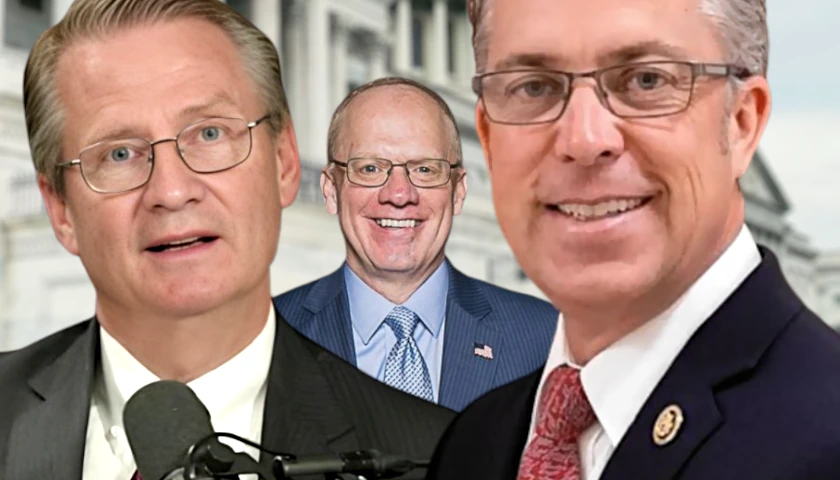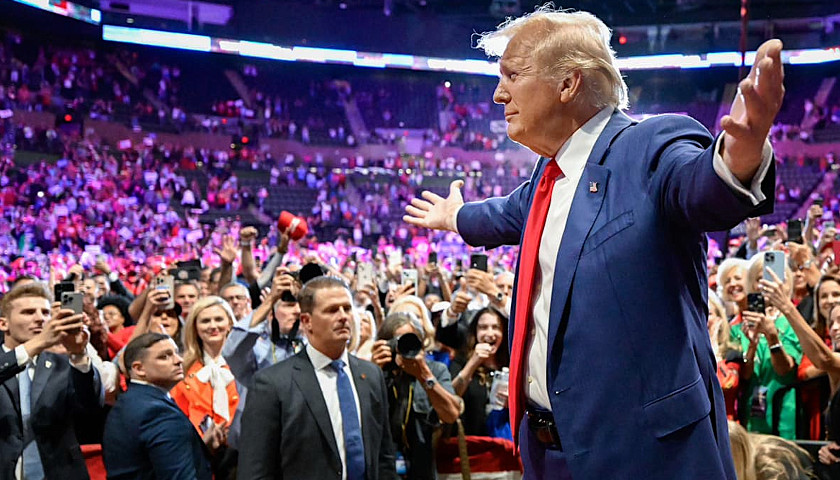by Scott McClallen
Michigan’s $70 billion budget for fiscal year 2022 increases government spending by 11.5% from last year’s $62.8 billion budget. The increased spending includes one-time funds from federal stimulus packages, raising concerns Michigan can’t sustain current spending without hiking taxes or slashing services.
Once government federal stimulus money runs dry, the government must either raise taxes or reduce services to continue paying for programs that were once considered not essential.
The spending package it’s anticipated Gov. Whitmer will sign next week includes what lawmakers typically designate as “pork” spending, $146.9 million for 176 “Michigan Enhancement Grants” in lawmakers’ local communities. Some grants disburse $1 million to Livingston’s Meals on Wheels program and $210,000 to the Hillsdale County Sheriff, as well as $500,000 for the GR Children’s Healing Center, but others include less essential spending, including:
- $5 million to the Midland Center for the Arts.
- $375,000 for the Flint Social Club
- $2 million for the Lansing Arts Center
- $1.5 million to Van Dyke apartments
- $100,000 for a Poet Laureate
James Hohman, director of fiscal policy at the free-market Mackinac Center for Public Policy, warned against increasing spending using one-time money to fund continuous programs to recover from the pandemic hangover.
“Michigan lawmakers ought to be careful about using temporary stimulus money to ratchet up the costs of government,” Hohman told The Center Square in a statement. “It happened during the last recession.”
Despite the federal government funneling billions to Michigan, state leaders bragged about not raising taxes in a year the state reaped $3.5 billion more than expected tax revenue from federal stimulus money, with billions more on the way.
The federal government sent $10 billion to Michigan, which the state is scrambling to spend. Rep. Steve Carra of Three Rivers and five other Republicans voted against the bill. Carra complained the injection of capital would entice the government to kickstart permanent new programs with temporary funding.
“Too often government programs are started under the idea that it is a one-time expenditure and then extended; increasing the size and scope of government,” Carra said in a statement of his no vote explanation.
Gov. Gretchen Whitmer welcomed the deal.
“Today’s budget agreement proves that Michiganders elected a divided government, not a dysfunctional one,” Whitmer said in a statement. “When we focus on tackling the big problems we face, we can make meaningful progress that improves people’s lives. As always, we will be conducting a thorough legal review of the legislation to ensure that all provisions in the budget are constitutional to take action to fix the pieces that aren’t. Now, with the budget out of the way, we can further collaborate to invest the billions in federal dollars we have received from the American Rescue Plan and the billions more we are expected to receive from the bipartisan infrastructure bill.”
– – –
Scott McClallen is a staff writer covering Michigan and Minnesota for The Center Square. A graduate of Hillsdale College, his work has appeared on Forbes.com and FEE.org. Previously, he worked as a financial analyst at Pepsi.
Photo “Gretchen Whitmer” by Cjh1452000. CC BY-SA 4.0. Background Photo “Money” by SCR3AM FR3AK. Background Photo “Michigan State Capitol” by Corey Seeman. CC BY-NC-SA 2.0.





